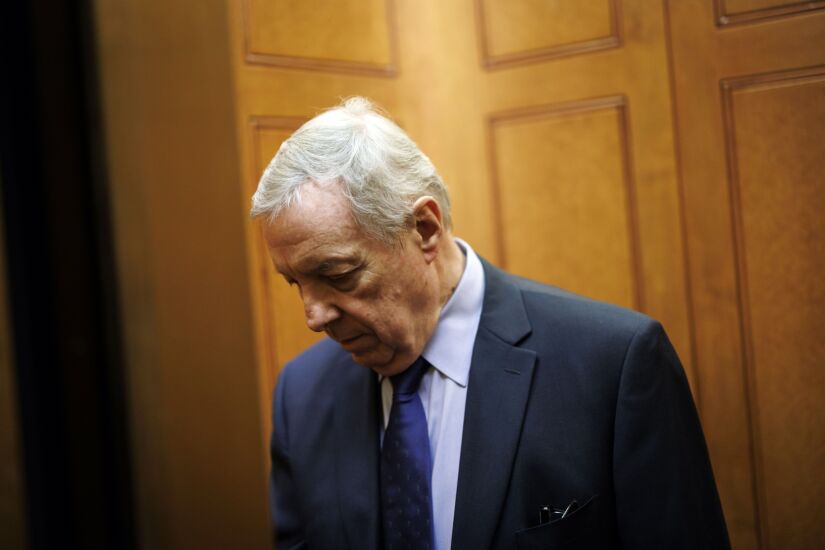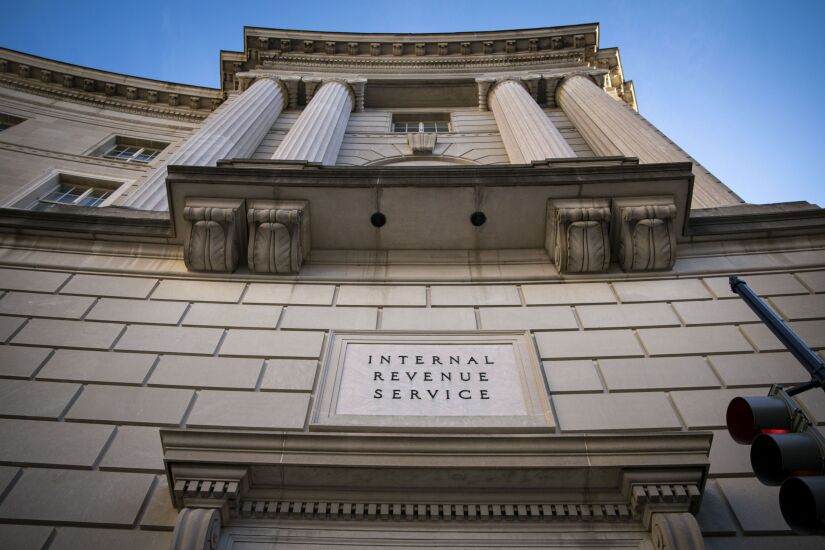WASHINGTON — Over the weekend, President Joe Biden signed a $1.2 trillion funding package that averts a government shutdown and pushes the next spending fight to September.
As has become typical in Washington, the path to getting the compromise to Biden's desk was fraught with leadership intrigue and a late-night vote to avoid a shutdown.
The final package includes defense, homeland security, financial services and general government and labor. Lawmakers cut financial services and general government funding — by $1 billion, or 4%, from the prior fiscal year, although that doesn't include the prudential banking regulators, which are largely self-funded .
While the funding package includes vital funding details for the government's oversight of financial services, it's in some ways more interesting for the things it doesn't include. Some big ticket items for bankers didn't make it into the final version, and remain live items for future debates.










